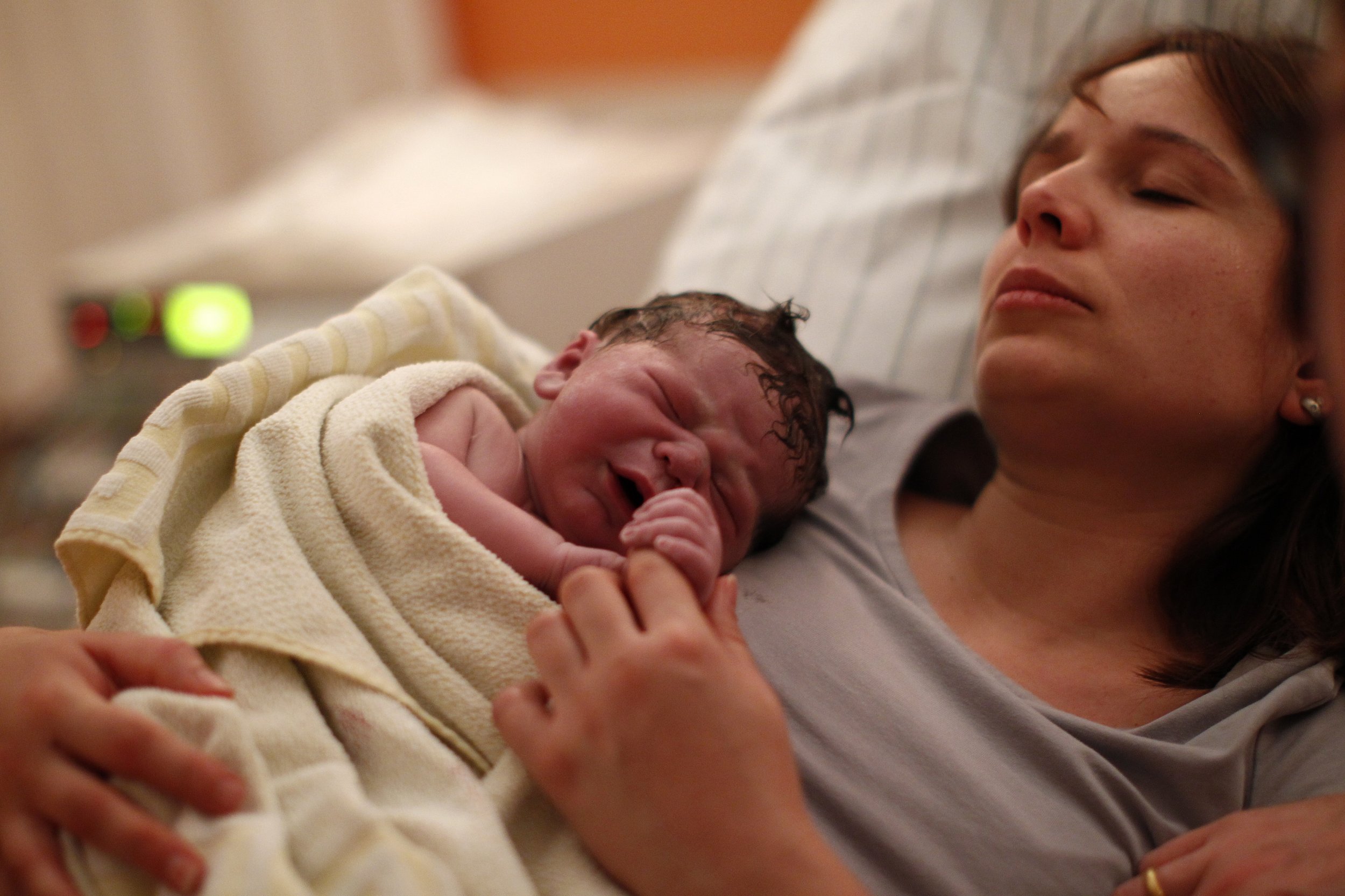
In the ever-growing field of autism research, a number of experts suggest the developmental disorder is set off by some sort of trauma at the earliest point in life—either in utero or at birth. It would then seem reasonable that researchers have spent time examining if certain labor and delivery methods are tied to autism risk.
A controversial paper published in JAMA Pediatrics in 2013, based on medical records of more than 600,000 children, asserted that induced labor increases the odds that a child will develop autism. To some experts, the findings were significant. The researchers suggested that speeding up labor or delivery increased autism risk by 0.2 percent. But the study raised considerable red flags. In 2013, nearly a quarter of all live, single births occurred through labor induction, according to the U.S. Centers for Disease Control and Prevention. That was reason enough to investigate the connection in greater detail.
A new study published Monday, also in JAMA Pediatrics, comes to the exact opposite conclusion: Labor induction is not at all a factor in autism risk. The study, conducted by researchers in Sweden, looked at follow-up data on all live births in the country between 1992 and 2005—more than 1.36 million children. Of that, 22,077 children (1.6 percent) between ages 8 and 21 were diagnosed with autism.
The researchers compared outcomes of induced labor versus non-induced labor and found 3.5 percent of the entire study cohort were delivered through induced labor and developed autism compared with 2.5 percent who weren't delivered through induced labor and developed autism. Because autism has known genetic risks, the researchers added another data set: outcomes of siblings. After adjusting for this factor, they say the link between labor induction and autism is no longer significant. The researchers also observed that a majority of induced labors occurred as a result of pregnancy complications, and with mothers who were older and had a higher body mass index compared with the rest of the rest of the study population.
There are a number of theories used to explain why some researchers believe there's a causal link between autism and labor induction. To induce labor, a doctor will usually administer oxytocin to the patient, which stimulates uterine contractions. Oxytocin is a neurotransmitter that is related to social function and cognition, and experts suggest the high level of early exposure conditions cells to suppress oxytocin, which then predisposes a child to autism. Other experts suggest the complications associated with labor induction—fetal distress, oxygen deficiency during birth, uterine rupture—affect neurodevelopment. Additionally, 68 percent of induced labors result in Caesarean section, and there's some research that finds this method of delivery adversely affects a child's brain development.
An obstetrician will induce labor when continuing a pregnancy presents serious health risks to the infant or mother. This may include circumstances in which the mother is still carrying the pregnancy beyond 42 weeks, the point when the nutrient level in the placenta decreases significantly and may not be enough to sustain the infant's health. A doctor may induce labor due to health complications that arise in the mother as a result of pregnancy, such as pre-eclampsia, gestational diabetes and hemorrhaging. In recent years, a number of maternal health organizations have launched awareness campaigns to reduce the number of scheduled inductions, sometimes provided to busy mothers out of convenience. Inducing labor even a week early can mean a child arrives not fully developed.
Uncommon Knowledge
Newsweek is committed to challenging conventional wisdom and finding connections in the search for common ground.
Newsweek is committed to challenging conventional wisdom and finding connections in the search for common ground.
About the writer
Jessica Firger is a staff writer at Newsweek, where she covers all things health. She previously worked as a health editor ... Read more
To read how Newsweek uses AI as a newsroom tool, Click here.








